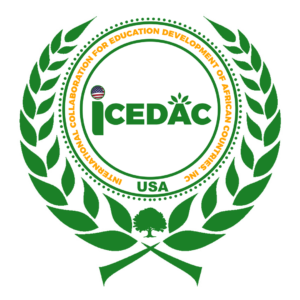19 - EDUCATION PIRACY
Educational hacking is a form of cybercrime aimed at compromising the security of computer systems used in educational institutions. This can include breaching the confidentiality of student and teacher data, falsifying academic documents, stealing intellectual property and disrupting computer systems used for teaching.
Educational piracy is a growing problem worldwide, particularly with the rise of e-learning and the use of information and communication technologies in education, which is why it is important to take appropriate security measures to protect computer systems used in education and guarantee data confidentiality and integrity.
Why is ICEDAC USA committed to fighting educational piracy?
First of all, piracy can compromise the security of computer systems used in educational institutions, which can lead to the violation of student and teacher confidentiality, the falsification of academic documents, the theft of intellectual property and the disruption of computer systems used for teaching.
In addition, education hacking can have a negative impact on the quality of teaching and learning, by disrupting online courses, corrupting academic data and compromising grading systems. It can also affect the reputation of educational institutions and damage the confidence of students and teachers in information and communication technologies.
Finally, the fight against education piracy is important to protect the intellectual property rights of educational content creators and to ensure that educational institutions comply with intellectual property laws and regulations.
How does ICEDAC USA intend to do this?
By using security software: Educational institutions must use security software to protect their computer systems against piracy threats. Security software can include firewalls, anti-virus, anti-spyware and anti-malware.
Raising awareness among students and teachers: educational establishments should make students and teachers aware of the risks of hacking, and inform them of the security measures they need to take to protect their data.
Using strong passwords: educational establishments should encourage students and teachers to use strong passwords to protect their accounts. Passwords should be unique, complex and difficult to guess.
By updating IT systems: educational establishments should regularly update their IT systems to correct security vulnerabilities and protect their data against hacking attacks.
